Clark County’s poet laureate talks about the power of poetry
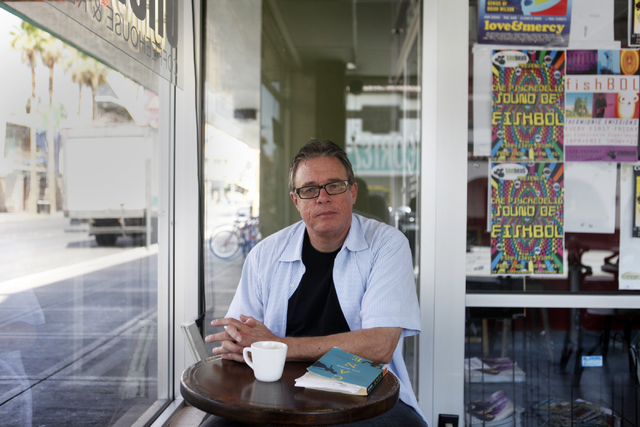
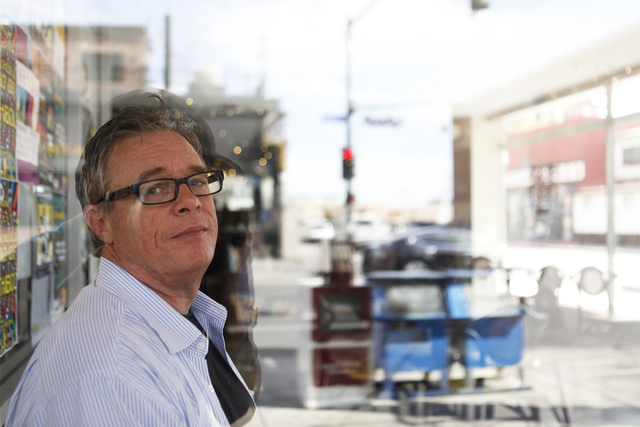
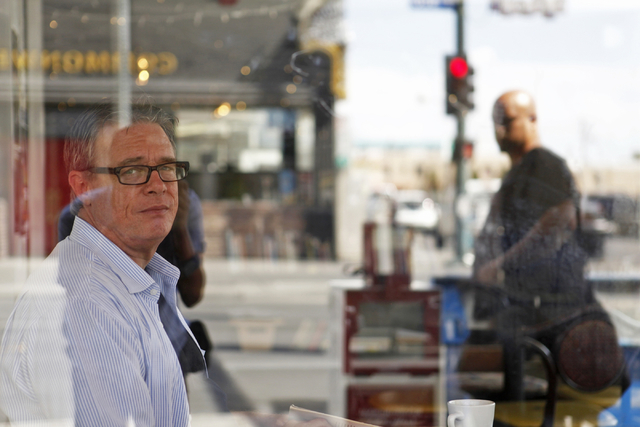
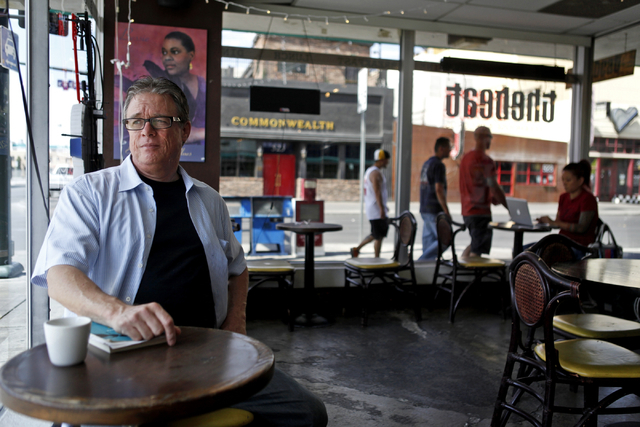
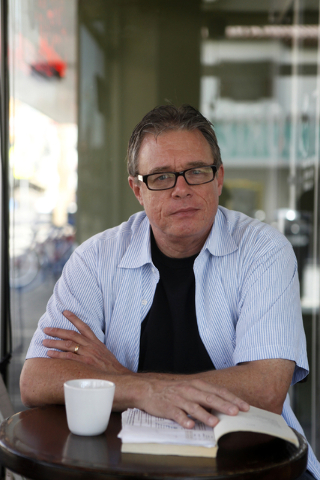
Vegas Voices is a weekly question-and-answer series featuring notable Las Vegans.
Poetry often is something presented in school, endured and then quickly forgotten as the rest of life consumes our attention.
But to Bruce Isaacson, poetry lies at the core of our being and serves as nothing less than a means through which we can seek to discover ourselves.
Isaacson has loved, written and presented poetry to others for most of his life. Now, he’s just about halfway through his two-year tenure as Clark County’s first poet laureate.
Already, Isaacson has conducted workshops, organized poetry readings — including, last fall, a program with Juan Felipe Herrera, the U.S. poet laureate — and worked to advance among Southern Nevadans an appreciation for the power of the written and spoken word.
Isaacson’s own interest in poetry came early, while he was growing up in Oakland, California. He studied economics and drama in college, earning master’s degrees in both fine art and business administration, and studied under famed Beat poet Allen Ginsberg.
Isaacson organized readings, slams and other forums for lovers of poetry in the Bay Area and New York City and co-founded a publishing company that has published more than 100 books, including works by Southern Nevada poets.
In 1995, Isaacson moved to Southern Nevada and works as a business consultant when he’s not writing, presenting or advocating on behalf of poetry.
Review-Journal: What have you found during the first half of your term? Are Southern Nevadans interested in poetry?
Isaacson: There’s a lot of interest in it, and the interest is spread among all different groups of people, and I like that about it. I’ve found that we have some incredible, well-known, nationally known poets just living kind of quietly and anonymously here among us. At the same time, we have active work from people who are retired and have a deep love of poetry and young people who are on the path to becoming notable in their own right. So the variety of it has struck me more than anything, and it’s been the greatest pleasure.
R-J: Is there anything about serving as poet laureate that has surprised you?
Isaacson: I guess the first surprise is that there’s a lot more work than I thought there would be. (Laughs) In that sense, we’ve only gotten half of the agenda I had, which was very ambitious, I think we have good things happening, and we’ve had members of the community stand up and really help us with fundraising from time to time and we’ve had some really great supporters in the community. But finding ways to bring poets from out of town and funding poetry activities is an ongoing challenge. So I suppose that’s not really a surprise. I wish it was just thinking about metaphor and images, but I’m also having to do a lot of practical things so we have a real program.
R-J: Has anybody asked you why the county even has a poet laureate?
Isaacson: I suspect there are a lot of people out there (who might), but nobody’s approached me and said, “Why do we have a poet laureate? What does it all mean?” (Laughs) So let’s just say Southern Nevadans are polite about it.
R-J: How about young people? Are you finding that they’re excited about poetry?
Isaacson: Oh yeah. These people are bonded to games of language, playing with language, using language in creative ways. We have some incredible talent here. Our (first) Poetry Promise award went to a 17-year-old high school senior. She’s written some incredible poetry. Lila Brissette is her name. She’s going to have a reading at the Beat coffeehouse (in downtown Las Vegas), from 7 to 8:30 p.m. (June 4). She’s a senior at Las Vegas Academy, having studied it in school and having had just an innate desire for it. I think, also, of our slam team (Battle Born Slam). We’re going to send this great slam team to Georgia for the national championship (in August) and they’re trying to raise money.
R-J: Why do so many of us fall away from appreciating poetry? Is it just a question of apathy?
Isaacson: I think there’s something else besides apathy. I think people are pressed as they’ve ever been in their individual lives in America today, and I think that finds its way into difficulty in reaching out beyond yourself, and in any form. I’m not one of these people who have a chip on my shoulder about poetry. Poetry is my talisman. It’s a way I have of understanding the world and thinking about the world and finding my place in it. Other people have different tools to do that for themselves.
Read more from John Przybys at reviewjournal.com. Contact him at jprzybys@reviewjournal.com and follow @JJPrzybys on Twitter.












